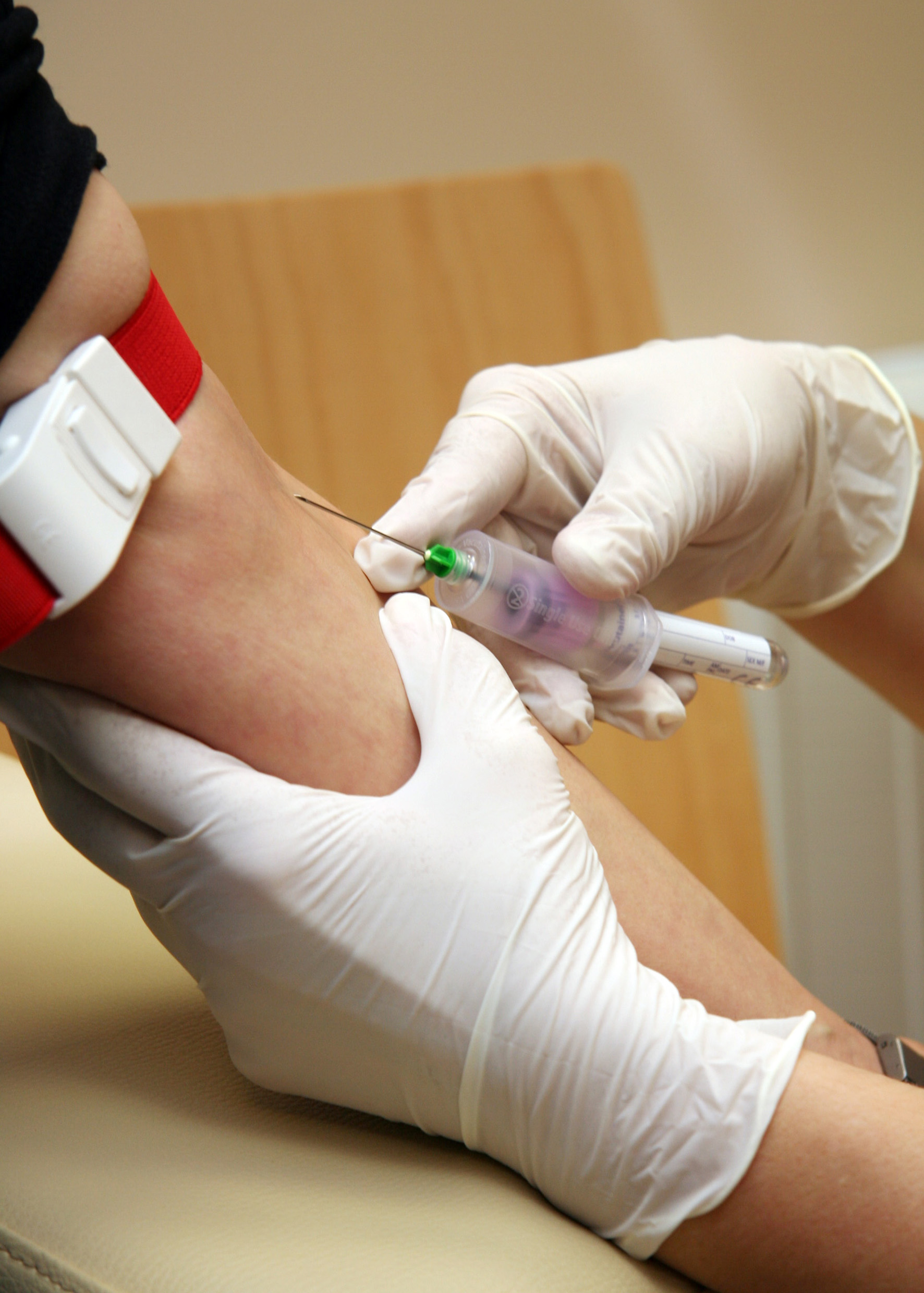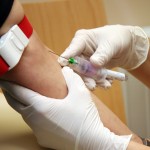[fusion_builder_container hundred_percent=”yes” overflow=”visible”][fusion_builder_row][fusion_builder_column type=”1_1″ background_position=”left top” background_color=”” border_size=”” border_color=”” border_style=”solid” spacing=”yes” background_image=”” background_repeat=”no-repeat” padding=”” margin_top=”0px” margin_bottom=”0px” class=”” id=”” animation_type=”” animation_speed=”0.3″ animation_direction=”left” hide_on_mobile=”no” center_content=”no” min_height=”none”]
10 years old when I graduated from acupuncture school, FSH was the big sign of fertility. Anything above 10 was considered the end of fertility. For the first 5/6 years of my practice I felt that too much emphasis was placed on FSH. How can one component of a very complicated system measure if a women can EVER conceive? I viewed FSH as one small component indicating ovarian priming was not flowing smoothly. If the body’s signaling was enhanced and the follicle was properly stimulated FSH would normalize.
Over and over again, I would see women coming to my practice with FSH as high as 50 go on to have health pregnancies and babies. Most doctors commented these women were “lucky”. It was the one last egg which finally ovulated.
Then I noticed IVF clinics were loosening their protocol rules to include women with a slight increase in FSH. With time FSH of 11…12…13….14 were not “unworkable”. Women in this range were given the opportunity to undergo IVF. 10 years later I see women cycling with FSH range of the high teens to twenty at IVF clinics.
What’s the change?
There’s a new hormone on the hot plate: Antimullerian Hormone (AMH). The full understanding of AMH is not known. It’s believed AMH stimulates dormant follicles into recruitment for ovulation. Elevated AMH leads to higher follicular recruitment. Lower AMH leads to lower follicular recruitment. The medical society believes AMH is the new indicator of a women’s fertile health. It’s assumed AMH is a stable hormone which does not fluctuate and low levels indicates a poor ovarian reserve and egg quality.
There are some items not fully fleshed out for clients. First AHM has not been fully researched. Some small group studies are finding AMH levels fluctuate during a women’s cycle. Since these studies involve small groups of women, larger studies are needed to rule out if AMH levels change during a women’s cycle. If levels change during a women’s cycle then:
1) Which day is the best to take levels?
2) If AMH peaks during ovulation, would measuring the rise during a women’s cycle be more important than a day 3 snapshot?
More comprehensive research is required to flesh out this very important issue.
Second, AMH is potentially a reasonable indicator of how well a women will stimulate during an IVF cycle. Yet, IT DOES NOT INDICATE IF A WOMEN CAN’T CONCEIEVE! Many women come to my practice with the low AMH label and go on to conceive. Frequently women are scared out of their minds, they have been given “your eggs are old”, “time is running out” and “you should plan for adoption or donor egg”. Yes, western medicine has a limited ability to manipulate a women’s ovaries which AMH is a reasonable measure of the IVF possibility. When IVF is not successful and there are other ways to help a couple conceive, then why are couples not supported and only defined by AMH? Most clients are not given the encouragement to seek out other options to help them have a baby (like acupuncture and Chinese herbs).
Unfortunately, AMH is the same FSH dance yet under a different song name. It’s interesting how FSH lost its importance. As the industry grows, AMH will probably become a passé item. In the end, are we really take the right step by defining our reproductive health with one blood value? Why is the whole working system not reviewed? If a women has low AMH and is consistently ovulating then why not support the couple (in whatever choice they want to make…be it donor egg, adoption or to keep trying) without defining them as aged ovaries ready to go kaput???
Maybe the couple’s journey should be the defining factor for moving onto adoption/donor egg rather than blood work. Please ladies don’t define your health or ovaries by the AMH test. There’s opportunity in the future.[/fusion_builder_column][/fusion_builder_row][/fusion_builder_container]


